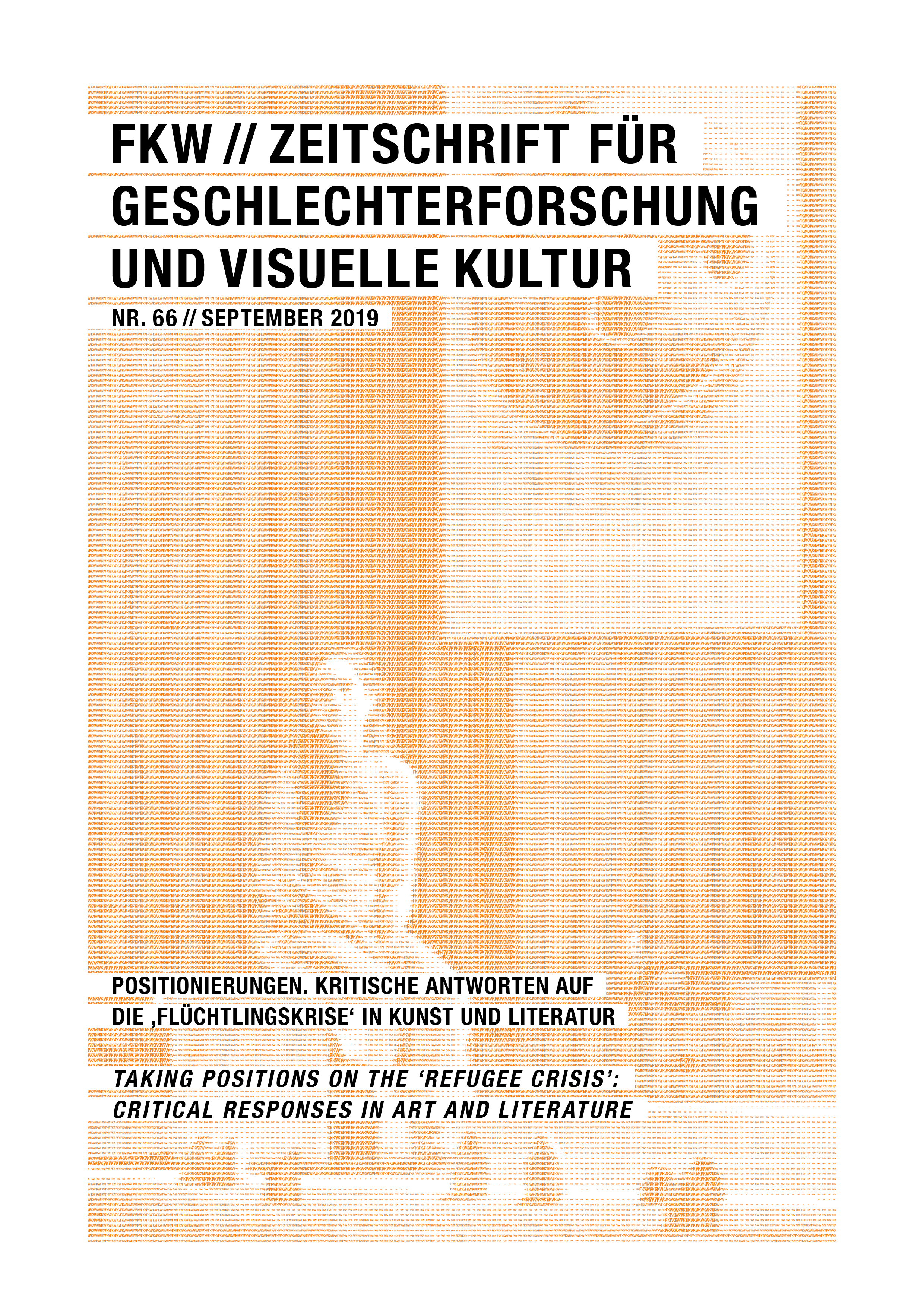Stuck Between Destinations: Reflections on Pejk Malinovski’s Virtual Reality Project 'This Room'
DOI:
https://doi.org/10.57871/fkw6620191473Abstract
The article approaches the topic of the current ‘refugee crisis’ by discussing and analysing a specific case, namely a virtual reality installation produced in 2018 by the poet and sound artist Pejk Malinovski. This project, which is entitled This Room, is about refugees who arrived in Denmark in 2015 and their subsequent fates in refugee camps. It explores and exposes the harsh, stressful and often traumatizing living conditions of refugees. Besides, as a critical and political gesture, the project attempts to extend visibility and audibility to those who are currently consigned to life in camps.
The article starts by presenting and reflecting on Malinovski’s project focusing specifically on the critical potential of its blurring of the boundaries between the documentary and the fictional. Subsequently, it analyses some of the effects it has produced, not least in its capacity as a site-specific version at Copenhagen Central Station, where it was mediated by refugees and volunteers from refugee organizations. The article argues that the project appears particularly relevant within its given contexts, such as in Copenhagen, because it is created by means of a participatory methodological approach. This Roomactually seeks to facilitate conflictual encounters, and does so at a series of different sites. Drawing on conflict theory and radical democracy theory, the article argues that artistic forms of critique necessitate the creation of agonistic contact zones in which negotiations can take place and counter-hegemonic publics can be created. It concludes by arguing that critical approach involves being partisan, i.e. taking a position which is dissensual, convincing and politically positioned.
Thematically,This Roomhighlights the fact that mobility is often characterized by conflicts, negotiations, and the playing out of asymmetrical power relations. Furthermore,
Downloads
Veröffentlicht
Ausgabe
Rubrik
Lizenz
Copyright (c) 2019 FKW // Zeitschrift für Geschlechterforschung und visuelle Kultur

Dieses Werk steht unter der Lizenz Creative Commons Namensnennung - Nicht-kommerziell - Keine Bearbeitungen 4.0 International.
Die Autor_innen behalten das Copyright und treten keine exklusiven Nutzungsrechte an FKW ab.
Ab 2017 erscheinen alle Texte von FKW // Zeitschrift für Geschlechterforschung und visuelle Kultur unter der LizenzCC-BY-NC-ND Lizenz 4.0 International (Creative Commons, Namensnennung, Nicht Kommerziell, Keine Bearbeitung 4.0 International). Der Lizenzvertrag ist abrufbar unter: https://creativecommons.org/licenses/by-nc-nd/4.0/legalcode.de, eine allgemein verständliche Fassung unter: https://creativecommons.org/licenses/by-nc-nd/4.0/deed.de
Von 2013 bis 2016 sind alle Texte von FKW // Zeitschrift für Geschlechterforschung und visuelle Kultur unter der Digital Peer Publishing Lizenz (DPPL) erschienen. Der Lizenztext ist im Internet abrufbar unter der Adresse: http://nbn-resolving.de/urn:nbn:de:0009-dppl-v2-de3
Die Abbildungen in Ihrem Beitrag
Die Autor_innen verpflichten sich, die Abdruckgenehmigung für die in ihren Texten verwendeten Bilder bei der jeweiligen, die Bildrechte verwaltenden Institution einzuholen und die zuständige Herausgeberin über das Ergebnis zu informieren. Wir weisen darauf hin, dass die Verwendung von Bildern in wissenschaftlichen Texten gewöhnlich als Zitat angesehen und entsprechend kostenfrei gewährt wird.





